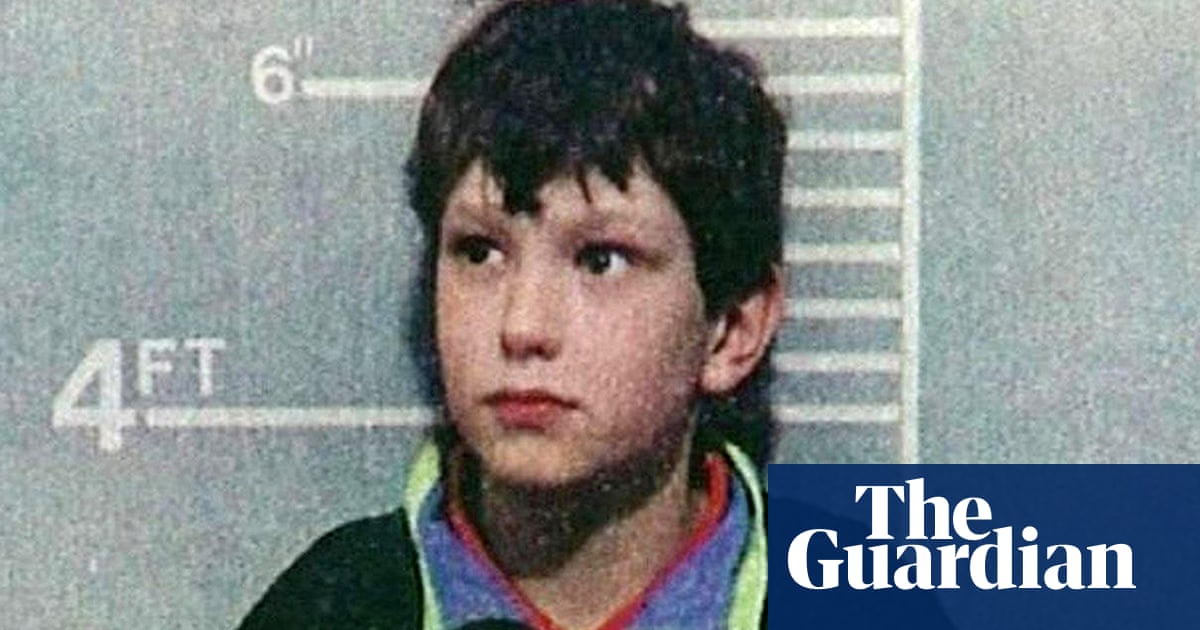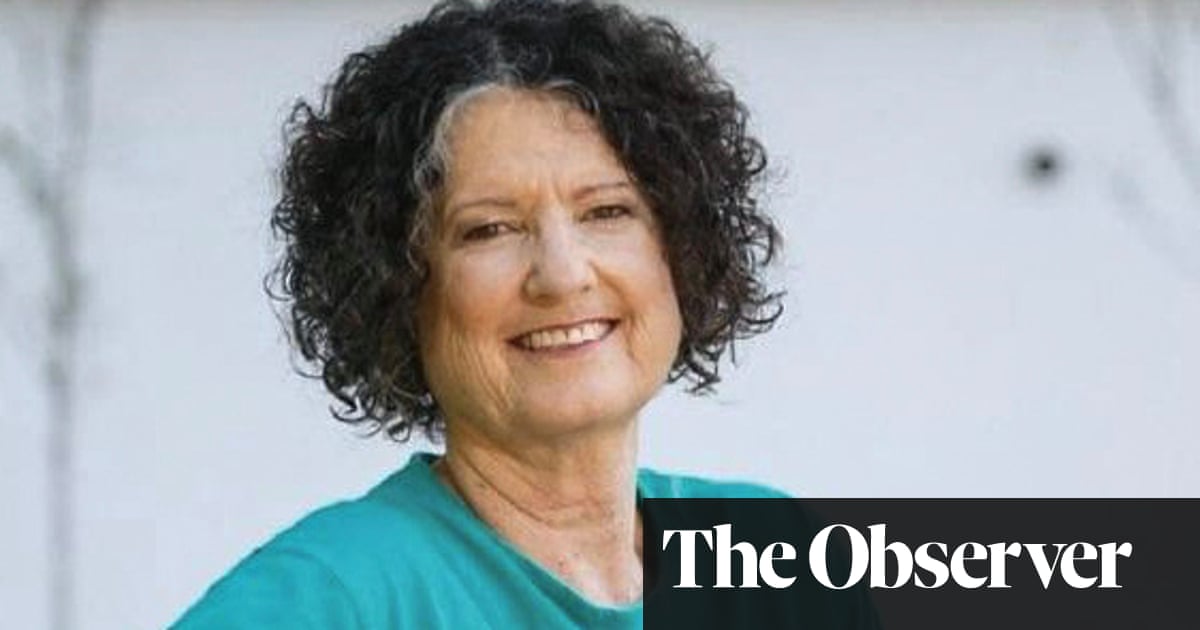
The world’s first killer to be convicted by DNA evidence can be freed from prison 33 years after he was jailed for raping and murdering two schoolgirls in the 1980s, the Parole Board has ruled.
Colin Pitchfork, 61, was jailed for life in 1988 after strangling 15-year-olds Lynda Mann and Dawn Ashworth in Leicestershire in 1983 and 1986. He has spent the last three decades in prison and was last denied parole in 2018.
A Parole Board hearing took place in March to consider whether he was suitable for release and the decision was published on Monday. The decision is provisional for 21 days until the justice secretary, Robert Buckland, decides to approve or appeal against the ruling.
A document detailing the Parole Board decision said: “After considering the circumstances of his offending, the progress made while in custody and the evidence presented at the hearing, the panel was satisfied that Mr Pitchfork was suitable for release.”
Pitchfork became the first person convicted of murder on the basis of DNA evidence and was jailed for life at Leicester crown court in 1988. He was sentenced to serve a minimum of 30 years.
He was eventually caught after the world’s first mass screening for DNA for which 5,000 men in three villages were asked to volunteer blood or saliva samples.
Pitchfork pleaded guilty to two offences of murder, two of rape, two of indecent assault and one of conspiracy to pervert the course of justice. His minimum term was reduced by two years in 2009.
Although he was denied parole in 2016 and in 2018, Pitchfork was moved to an open prison three years ago.
After the Parole Board said it was satisfied Pitchfork was suitable for release, which is subject to conditions, the BBC reported that a source close to Buckland said the government would take legal advice to explore the use of the “reconsideration mechanism”.
Introduced in 2019, the Parole Board reconsideration mechanism gives people the right to ask for a decision to be looked at again if they have reasons to show it was “procedurally unfair” or “irrational”.
The South Leicestershire MP Alberto Costa, who had met Parole Board officials over Pitchfork’s case, said he was “appalled” at the news and told the BBC the prospect of his release was “immoral, wrong and frankly dangerous”.
He said: “Even though some 30 years have passed, this isn’t the sort of crime one can ever forget. My constituents remember the victims, people who went to school with these victims. It would be immoral, wrong and frankly dangerous to release this disgraceful murderer of two children.”
The parole hearing, which was held via video link on 22 March, heard evidence from Pitchfork as well as his probation officer, police and a prison service psychologist. The Parole Board then considered the evidence along with an examination of the “robustness” of the risk management plan before concluding its review on 25 May.
Pitchfork’s release is subject to strict conditions, including living at a designated address, taking part in probation supervision, wearing an electronic tag, undergoing lie detector tests and disclosing the vehicles he uses and who he speaks to, with particular limits on contact with children.
He would also be subject to a curfew, have restrictions on using technology and on where he can go, and would not be allowed anywhere in Leicestershire or to knowingly approach any of the girls’ relatives.












